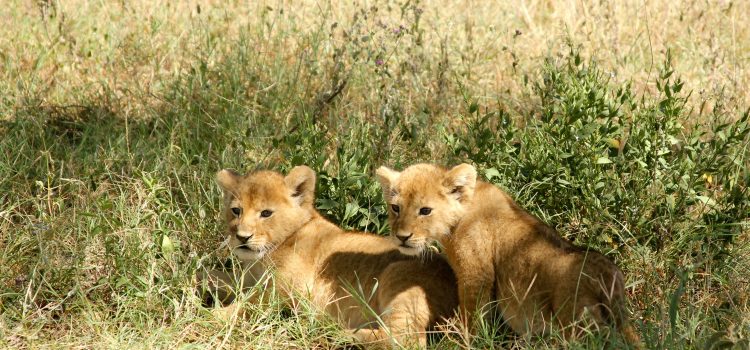
Cubs, also known as young bears, are one of the most captivating and mysterious animals on the planet. With their fuzzy coats, playful nature, and powerful build, they have captured the hearts of people around the world. But how much do we really know about these incredible creatures? In this article, we will explore the wonders of cubs, their behavior, habitat, and the importance of conservation efforts to protect these majestic animals.
Behavior Cubs are born in the winter and are completely dependent on their mother for survival. They stay with their mother for at least a year, learning important survival skills such as hunting and foraging. Cubs are curious and playful, often seen wrestling and playing with each other. Cubs are also known to be very vocal, communicating with each other and their mother through a series of grunts, growls, and moans.
Habitat Cubs can be found in a variety of habitats, including forests, mountains, and tundras. They are adaptable creatures and can survive in a wide range of environments. However, their habitats are under threat due to human encroachment, deforestation, and climate change. Conservation efforts are critical to protecting the habitats of cubs and other bear species.
Conservation Efforts Conservation organizations around the world are working to protect cubs and their habitats. One such organization is the World Wildlife Fund (WWF), which has a dedicated program for bear conservation. The program focuses on reducing human-bear conflicts, protecting bear habitats, and monitoring bear populations. Additionally, education and outreach programs are critical in raising awareness about the importance of conservation efforts.
Conclusion Cubs are fascinating creatures, full of wonder and mystery. Their behavior and habitats are complex and worthy of further study. However, it is important to remember that cubs and other bear species are under threat due to human activities. Conservation efforts are crucial in protecting these animals and their habitats for future generations to enjoy. Let us all do our part in preserving the wonders of cubs and other wildlife around the world.










